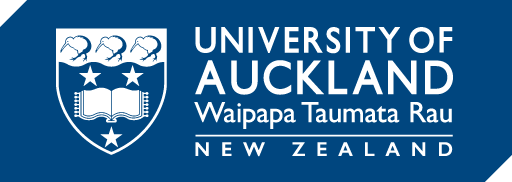Speaker: Thomas Pfeiffer (New Zealand Institute for Advanced Study, Massey University)
Title of the talk: “Decision markets in theory, experiment, and practical applications”
Date, Time and Venue: Wednesday, 31 May 2017, 2:00-3:00 pm, 260-307 [Business School Building, Level 3]
What this talk is going to be about, in Thomas’ words: “Knowledge in society is often dispersed, with different individuals holding different pieces of information. Decision markets are novel mechanisms to harness this knowledge for decision-making. They combine scoring rules to reward individuals for accurate forecasts with decision rules to translate aggregated forecasts into decisions. Because of this combination, decision markets can also be viewed as voting mechanisms that tie votes on actions to forecasts of their consequences.
In preparation for a full Marsden proposal on decision markets, I would like to discuss some promising open questions on this topic:
- What are the most interesting theoretical aspects of the proposal?
- What really is the relation between decision markets and voting mechanisms – i.e. what framework in voting theory is best suited to compare decision markets with other voting mechanisms?
- The decision rules in proper decision markets are stochastic – what is the most relevant literature on stochastic voting systems?
- The forecasting functionality of decision markets resembles (to some degree) signalling of candidates intentions prior to an election. Is there theory on campaign promises and voting?
- What are the most interesting aspects in terms of human-subjects experiments
- Proof-of-concept: we currently don’t really have a solid one – what is the best possible experiment for this (e.g. compare to Plott’s XYZ prediction market experiments)?
- What would be a good lab setup/scenario to compare voting and decision markets?
- What are the most relevant implications of such a proposal
- Can decision markets help strengthening evidence-based decision-making in a “post-truth” world?
This is really intended as “sparring” session – I’ll prepare material for about 15 min (max), and would be very grateful for critical feedback, discussion, and pointers to the literature.”
Everyone welcome!

Recent Comments